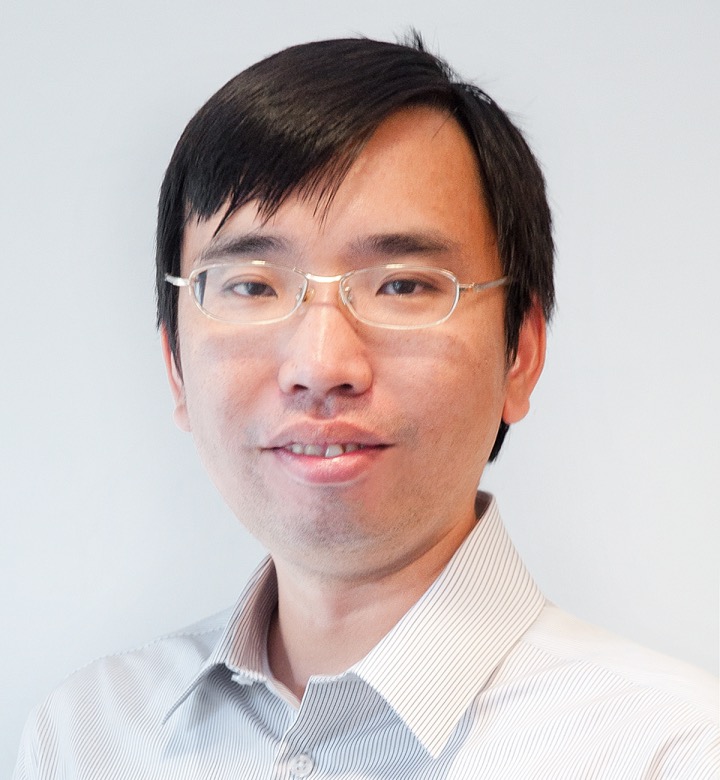CO2 Electrolysis Systems for Chemical Production
线下会场:工物馆324A
腾讯会议:467-867-728

As our society faces the pressing challenges of climate change and global warming, driven in part by increasing atmospheric CO2 levels, reducing CO2 emissions has become a critical mission in the pursuit of a sustainable future. Traditional chemical industry processes often rely on fossil fuels, which inevitably emit substantial quantities of CO2. In response, electrochemical processes have garnered interest for their potential to be more environmentally friendly and exhibit a smaller carbon footprint when powered by renewable energy sources.
Our research group is currently dedicated to the development of CO2 electrolysis devices through innovative electrocatalyst design and reactor engineering. In this presentation, we will showcase our recent work on a two-step tandem CO2 electrolysis system. We successfully demonstrated a stable 120-hour continuous operation of the CO electrolyzer at a current density of 200 mA cm-2 and a full-cell potential of less than 2.3 V, consistently producing a 1.9 M acetate product stream with a purity of 97.7%. This performance is among the best reported in the literature (Nat. Catal. 2022, 5, 738). The ability to convert CO2 into acetate has opened up the possibility of developing an electrochemical-biological hybrid approach to produce food from CO2 (Nat. Food 2022, 3, 461), offering much higher efficiency than natural photosynthetic pathways.

焦锋教授本科毕业于复旦大学化学系,在英国圣安德鲁斯大学获得化学博士学位。在劳伦斯伯克利国家实验室完成博士后培训后,他于2010年加入特拉华大学,随后担任化学和生物分子工程教授,并兼任催化科学与技术中心的主任。2023年8月,焦教授加入圣路易斯华盛顿大学能源、环境与化学工程系,担任Elvera and William R. Stuckenberg教授。他还同时担任碳管理中心的创始主任。焦教授的研究小组致力于开发创新型电化学反应器件,以应对关键的储能和可持续性挑战。焦教授至今发表了100多篇研究论文,共获得超过17000次引用。他的贡献得到了多个奖项和荣誉的认可,包括他当选为皇家化学学会院士,获得NSF CAREER奖,以及被《材料化学杂志A》评为2020年新兴研究员和2020年负排放科学计划的Scialog研究员。